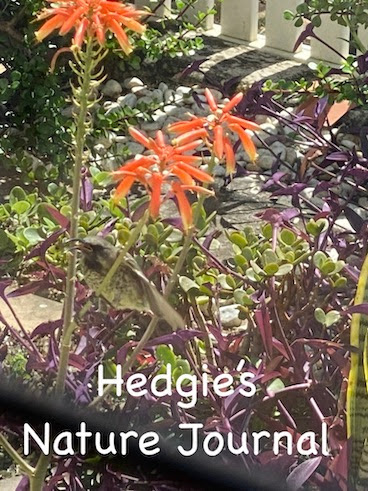This is Artemis, still suffering from the aftermath of a fight with Chook, my other rooster. These two have been at loggerheads for a long time now, with Chook always being the underdog and taking flight whenever Artemis came near. A couple of days ago, Chook decided ‘enough is enough!’ and turned and faced his aggressor with dire results.
Both suffered extensive injuries (they both have extremely long and dangerous spurs) and it ended up with Chook pinning Artemis, totally exhausted, flat on the ground and not letting go of his grip. We had to separate the two and Chook is currently in the ‘holding pen’ with me deciding the fate of the two – one has to go and it’s a difficult decision I’m not able to make easily. Chook is the friendliest of the two, coming right up to me and begging for a tit-bit, following me around to see if I have more, and Artemis is the beautiful ladies’ man, preferred above Chook by all the hens, who adore and follow him everywhere, succumbing to his every whim.
 Chook keeping a watchful eye open for Artemis...
Chook keeping a watchful eye open for Artemis...
Both suffered extensive injuries (they both have extremely long and dangerous spurs) and it ended up with Chook pinning Artemis, totally exhausted, flat on the ground and not letting go of his grip. We had to separate the two and Chook is currently in the ‘holding pen’ with me deciding the fate of the two – one has to go and it’s a difficult decision I’m not able to make easily. Chook is the friendliest of the two, coming right up to me and begging for a tit-bit, following me around to see if I have more, and Artemis is the beautiful ladies’ man, preferred above Chook by all the hens, who adore and follow him everywhere, succumbing to his every whim.
 Chook keeping a watchful eye open for Artemis...
Chook keeping a watchful eye open for Artemis...
What to do...?
Canon EOS 550 D – Sigma 70-300 Zoom lens – 9’ manual focus
Location : Tarlton, Gauteng, South Africa
::
Location : Tarlton, Gauteng, South Africa
::






